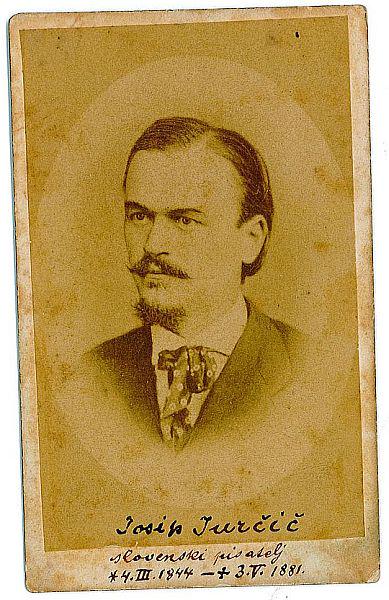
For many years during the late Middle Ages, Slovenian villages lived in an almost constant fear of attacks by the Ottoman Turks. The story of Jurij Kozjak is about the experience of Janissaries, Christian children who were kidnapped by the Turks and raised to become warriors for the Ottoman Empire.
The tale begins in a Slovenian castle. Its owner is a prominent local nobleman, who has a hunchbacked brother named Peter and a young son named Jurij. (The nobleman’s wife had died giving birth to Jurij.) When the noble is called into battle, Peter becomes in charge of the castle; that’s when he decides to get rid of his nephew so that he could have the castle all to himself. He hands the young Jurij to a tribe of Gypsies, who eventually sell him to the Turks. When his father learns what has happened, he breaks down. Distraught, he retreats to live in a monastery; his only wish is to see his son one more time.
Meanwhile, Jurij Kozjak grows up to become a warrior and a leader of the Janissaries. He has forgotten his Christian faith and the Slovenian language, but becomes known for his humane treatment of enemies. By coincidence, his troops are sent to the Slovenian lands and attack the monastery in which his father is living. When the captives are taken to Jurij, he recognizes his father. The two embrace, fulfilling the father’s wish. Jurij decides to leave the Turkish army and eventually takes over the castle that his evil uncle had tried to claim for himself.
The story of Jurij Kozjak was written in the 19th century by the Slovenian writer Josip Jurčič. It was based on legends that had circulated in the Slovenian lands since the time of the Turkish invasions. Much of the detail is historically accurate; it is set in the 15th century in the territory controlled by the influential Counts of Celje – a part of Slovenia particularly threatened by the invading Turks. Even though the story is fictional, it provides insight into a long-forgotten era that nevertheless shaped Slovenian national consciousness for many generations.

































































